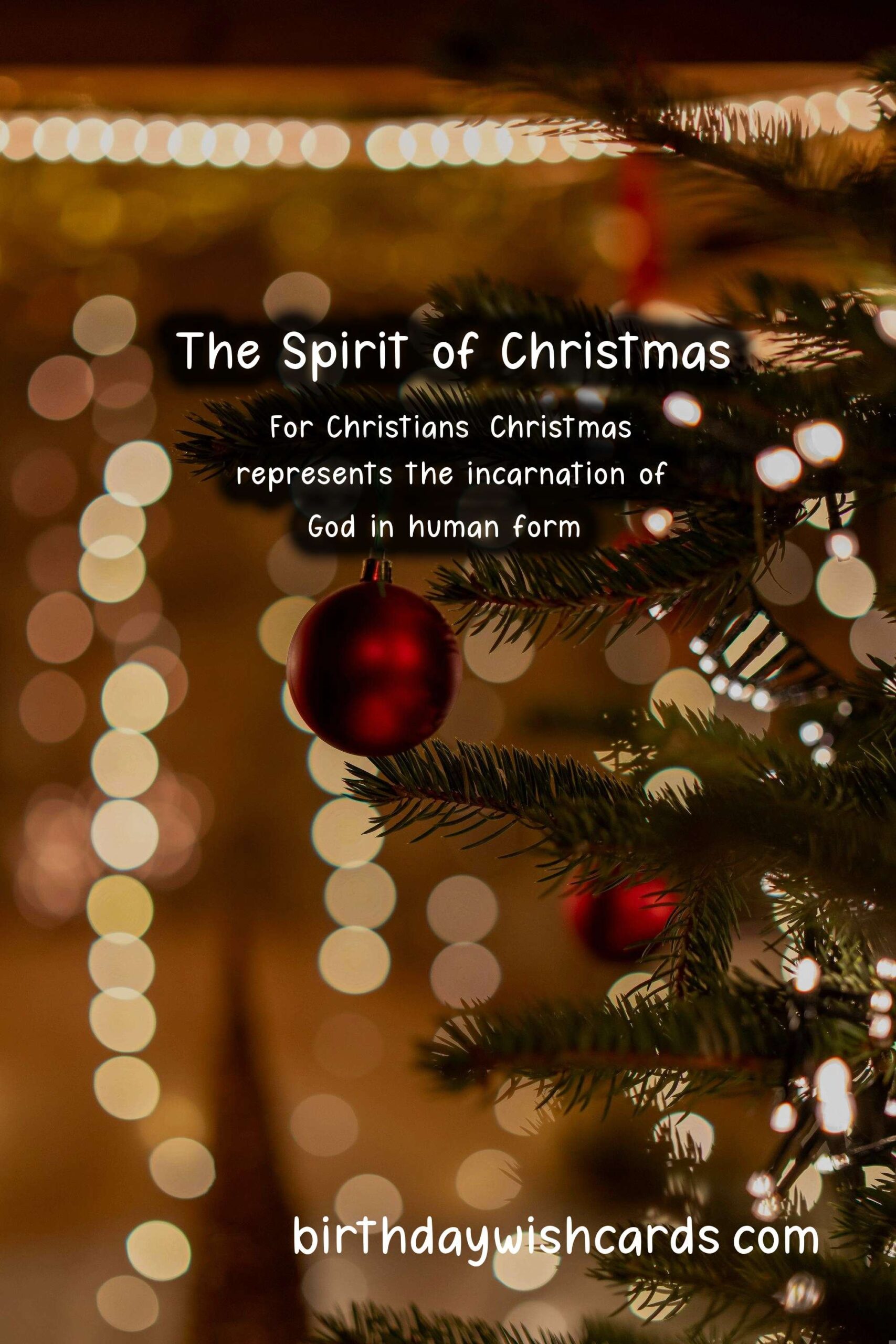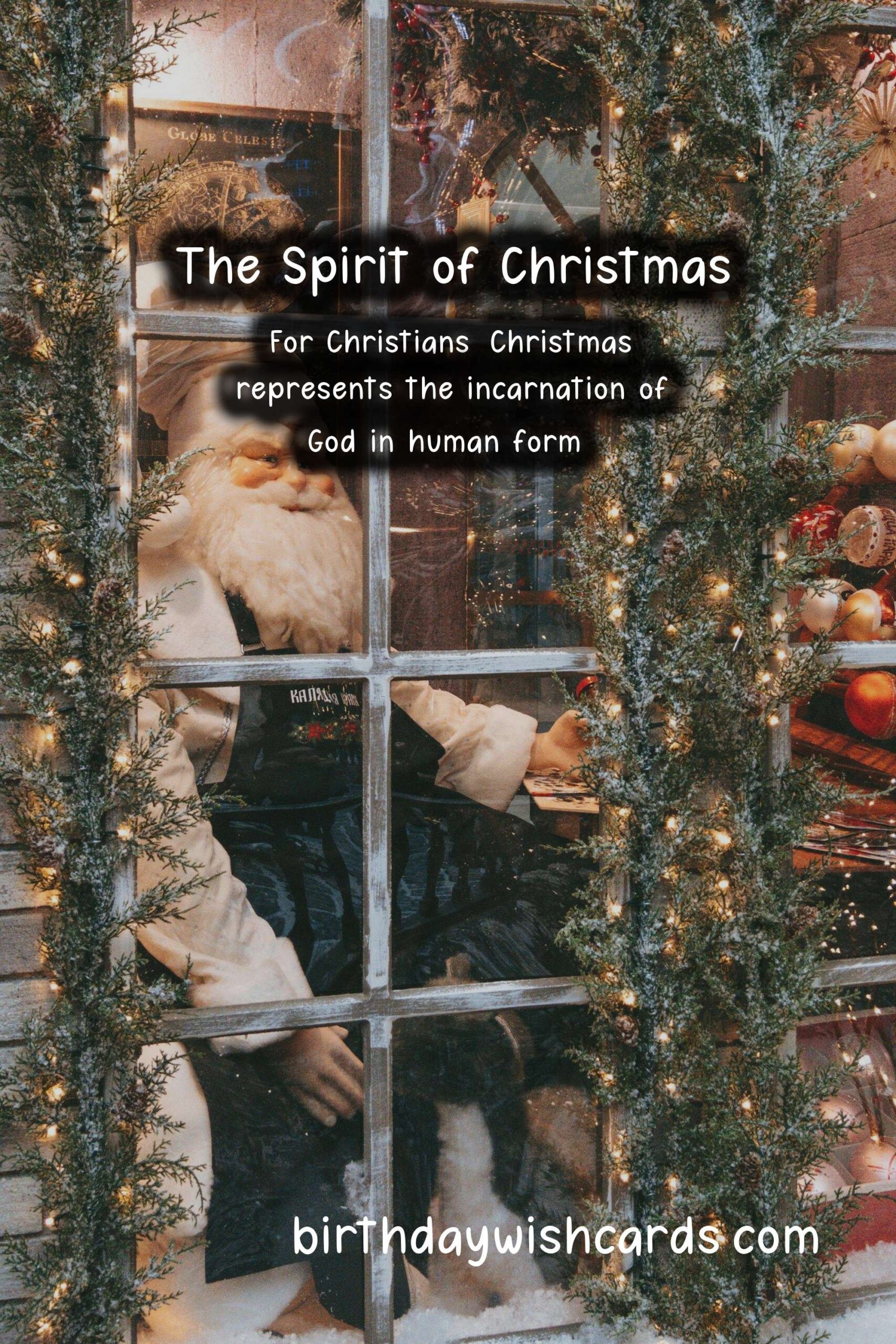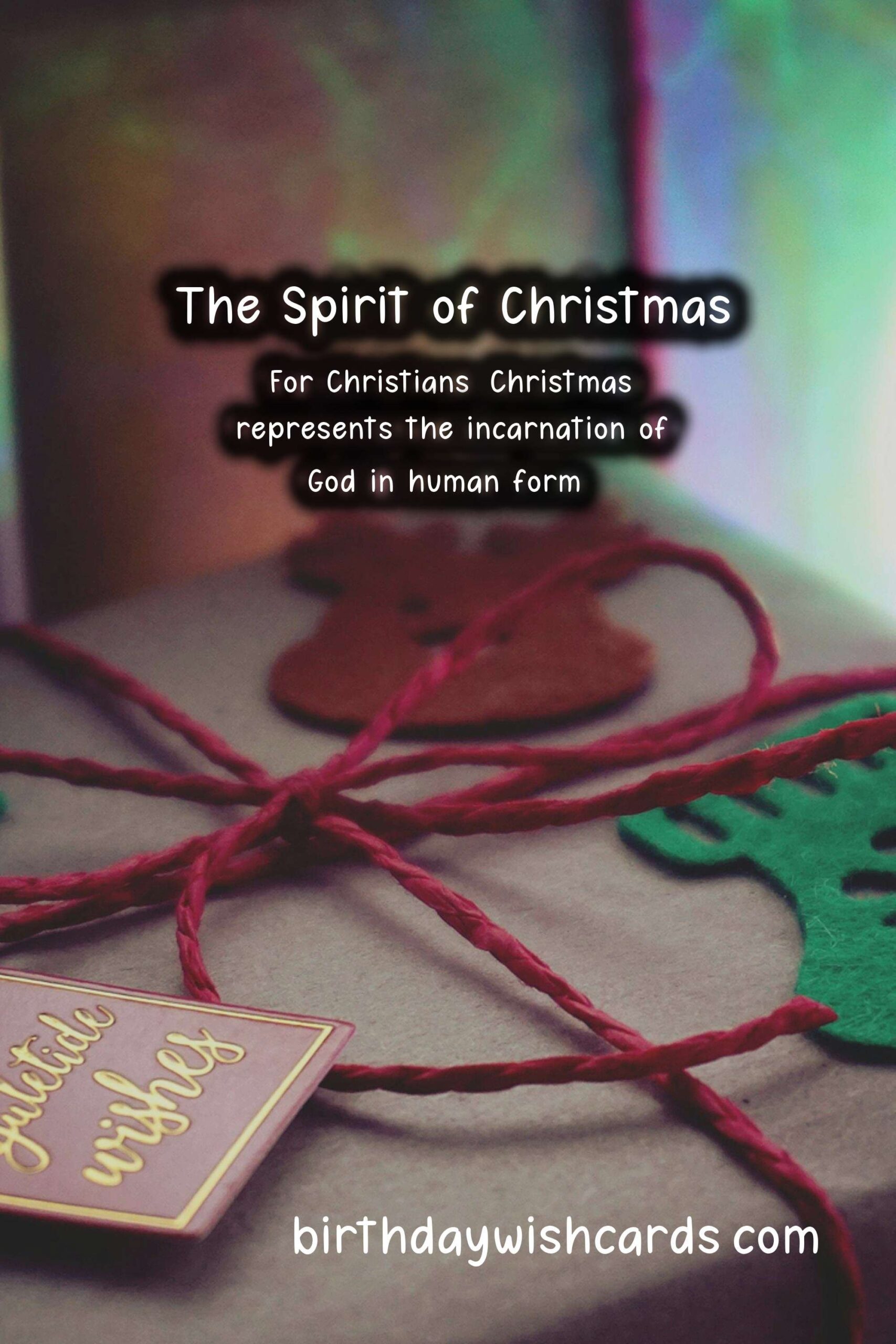The History and Significance of Christmas
The History and Significance of Christmas
Christmas is celebrated on December 25th every year, marking the birth of Jesus Christ, a significant figure in Christianity. However, the origins of Christmas go far beyond a simple birthday celebration and are steeped in a rich tapestry of history and traditions.
The Origins of Christmas
The history of Christmas can be traced back to ancient pagan celebrations. Before the arrival of Christianity, many cultures celebrated the winter solstice, which occurs around December 21st when the days begin to get longer. The Romans celebrated Saturnalia, a festival dedicated to the god Saturn, with feasting, gift-giving, and merrymaking.
As Christianity spread throughout the Roman Empire, church leaders sought to provide alternative explanations for these pagan traditions. In A.D. 336, the first recorded celebration of Christmas was on December 25, established by the Roman Emperor Constantine, who converted to Christianity. This date was chosen to coincide with the existing pagan festivals, making it easier for converts to transition to Christianity.
Christian Significance of Christmas
For Christians, Christmas is not merely a festive occasion; it represents the incarnation of God in human form. The birth of Jesus is seen as a fulfillment of biblical prophecies and a demonstration of God’s love and grace for humanity. The nativity scene, depicting Jesus’ humble beginnings in a manger, highlights the significance of humility and sacrifice.
Church services are typically held on Christmas Eve and Christmas Day, where carols and hymns praising Jesus’ birth are sung. The celebration of Christmas also includes readings from the Bible that recount the nativity story, emphasizing themes of hope, peace, and goodwill.
Evolution of Christmas Traditions
Over the centuries, Christmas has evolved to include a multitude of customs and traditions from various cultures around the world. The introduction of gift-giving can be traced back to the Biblical Magi, who presented gifts to Jesus. In modern times, this has transformed into the modern practice of exchanging gifts among family and friends.
Another enduring symbol of Christmas is the Christmas tree. Originating in Germany during the 16th century, the Christmas tree tradition incorporated both pagan and Christian elements. The tree is often adorned with ornaments, lights, and a star on top, representing the Star of Bethlehem that guided the Magi to Jesus.
Secular Aspects of Christmas
While Christmas is a fundamentally Christian holiday, it has also been embraced by secular communities as a time for celebration and togetherness. The figure of Santa Claus, inspired by Saint Nicholas, has become a cultural icon associated with the spirit of giving and joy.
Through songs, movies, and various holiday events, the secular aspects of Christmas have become intertwined with its religious significance. Festive gatherings, family meals, and charitable acts during this time reflect the universal themes of love, compassion, and community.
Global Celebrations of Christmas
Christmas is celebrated in diverse ways around the world. In the United States, traditions include elaborate decorations, festive lights, and Santa Claus. In Mexico, the celebration is marked by Las Posadas, a reenactment of Mary and Joseph’s search for shelter. In Italy, it is customary to have a feast known as La Vigilia, featuring multiple courses and the well-known dessert Panettone.
In the Philippines, Christmas season extends from September to January, culminating in the spectacular Simbang Gabi, a series of midnight Masses. Each culture adds its unique spin on Christmas, contributing to the rich diversity of holiday traditions.
The Significance of Christmas in Modern Times
Today, Christmas continues to be an essential holiday for many. While its religious significance remains, the holiday has also become a time for reflection, gratitude, and family bonding. The spirit of giving is emphasized as individuals often engage in charitable activities, offering support to those in need.
In light of recent global challenges, the significance of Christmas can serve as a beacon of hope, encouraging people to come together in unity and celebrate the ideals of love, peace, and goodwill.
Conclusion
The history and significance of Christmas encompass much more than just its religious roots. It is a fusion of ancient practices, biblical narratives, and modern cultural expressions that unite people across the globe. As we celebrate this cherished holiday, we not only honor the birth of Jesus Christ but also the universal ideals of kindness, compassion, and community.
Christmas is celebrated on December 25th every year.
For Christians, Christmas represents the incarnation of God in human form.










#Christmas #History #Significance #Traditions #CulturalCelebration







